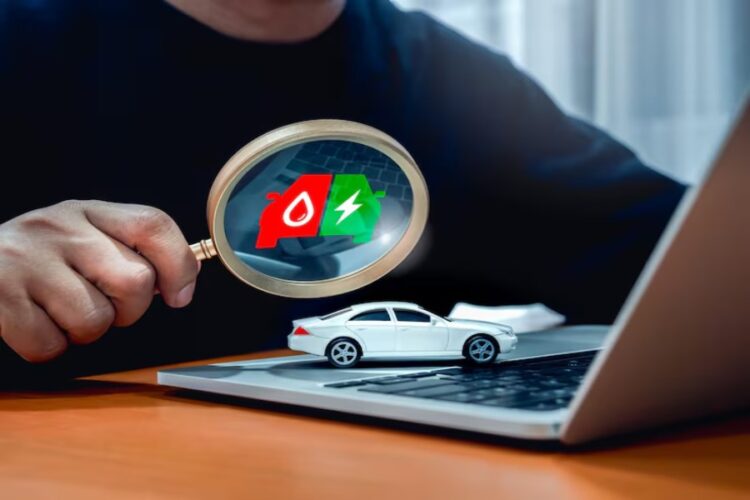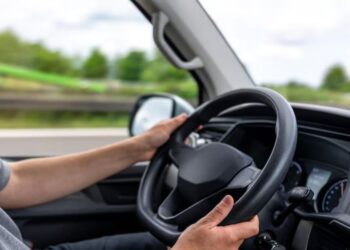Losing a driver’s license in Seattle due to a DUI conviction quickly reshapes daily routines. What once meant hopping into a car becomes a series of decisions tied to ride-share apps, transit schedules, or bike routes. Independence gives way to dependence on demand-based pricing, driver availability, and wait times that rarely align with personal priorities.
The consequences ripple far beyond a single commute. Parents juggle budgets as sports practices and errands stack costs, while late-night employees gamble on unpredictable fares after shifts. Social plans bend around availability, often at higher prices than anticipated. A suspended license doesn’t just limit mobility—it forces constant adjustments that reach into work, family obligations, and financial stability.
Calculating the Real Cost of Ride-Share Dependence
Regular commutes reveal how quickly ride-share reliance strains finances. A $15 trip downtown repeated several times a week can push monthly totals beyond what drivers once spent on fuel, parking, and insurance. After a Seahawks game, a surge may lift a $12 fare to $60, turning a short ride into an expense that drains entertainment budgets.
Major events add further pressure. Concerts at Climate Pledge Arena or Mariners games often trigger fare spikes citywide, while families covering children’s activities see short trips accumulate into significant bills. A Seattle DUI attorney often reminds clients that comparing receipts against past car expenses shows how convenience comes at a higher, less predictable cost.
Adjusting to Work and Commute Challenges
Late and early shifts expose the instability of relying on paid rides. A bartender closing at midnight may face long waits, while airport workers rushing before dawn encounter limited options and steep surcharges. A single missed pickup can jeopardize employment, turning consistent attendance into an ongoing gamble tied directly to unpredictable transportation.
Assignments across downtown, Sea-Tac, or nearby neighborhoods magnify expenses, sometimes doubling fares without warning. Supervisors may lose patience with repeated lateness, and unstable costs erode monthly planning. For many, stability returns through recurring ride bookings, employer-supported pickups, or carpools with coworkers. Such strategies replace uncertainty with structure, allowing workers to protect attendance and reduce financial volatility even without a license.
Shifts in Family and Social Routines
Family schedules amplify the strain of depending on paid rides. Weekly practices in Shoreline, lessons in Ballard, and social outings across Capitol Hill create constant fare demands. Two parents splitting responsibilities often double expenses, and separate drop-offs quickly add up. Monthly totals grow heavier when every activity requires a paid ride instead of a short drive.
The financial burden is matched by logistical stress. Coordinating schedules between parents and teens often produces delays, cancellations, or extra rides that inflate costs further. Even modest nights out in popular districts compound into significant monthly expenses. Simplifying social plans and consolidating errands help reduce stress, but the underlying dependency continues reshaping household routines.
Hidden Financial Pressures Beyond Ride-Share Fares
Costs linked to license suspension extend well beyond ride-shares. Reinstatement fees, administrative fines, and interlock devices can add hundreds to monthly expenses. Insurance premiums often rise sharply and remain inflated for years, creating long-term financial strain that ride-share budgeting cannot offset. The combination of penalties and premiums builds pressure that disrupts both immediate spending and future planning.
Employment limitations add another layer. Delivery jobs, courier services, and trades requiring driving frequently disappear as opportunities. Some employers hesitate to hire candidates lacking independent transportation, narrowing income potential further. Setting aside a modest fund for reinstatement fees and short-term income gaps provides a safety net, reducing stress while creating a smoother path back to driving privileges.
Adapting With Transit, Carpools, and Lifestyle Changes
Alternatives offer ways to regain structure and control over transportation. A 20-minute Link light rail trip paired with a short bus ride often replaces downtown commutes at a fraction of ride-share costs. Monthly ORCA passes provide predictability, while apps that track arrivals cut down on wasted time waiting for connections. Each option shifts reliance away from volatile fares.
Carpools also create stability. A small roster of coworkers or neighbors reduces expenses and guarantees consistent rides. Short errands may be handled by biking or walking, especially with secure rack parking or occasional cargo-bike use. When combined, these alternatives shift transportation away from unpredictable fares and toward steadier, more affordable options that keep daily life on track.
Life without a license demands adjustment, yet dependence on ride-shares quickly exposes financial and personal strain. Costs rise through surge pricing, shifting schedules, and family obligations that reshape budgets and routines. Long-term stability emerges when commuters combine public transit, carpools, and scheduled rides to limit unpredictability. Building savings for reinstatement fees strengthens resilience and shortens recovery time. Losing driving privileges can feel limiting, but consistent planning restores structure and mobility. With practical steps and foresight, expenses shrink, schedules regain balance, and daily responsibilities remain manageable even in the absence of independent transportation.










